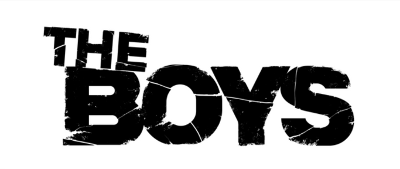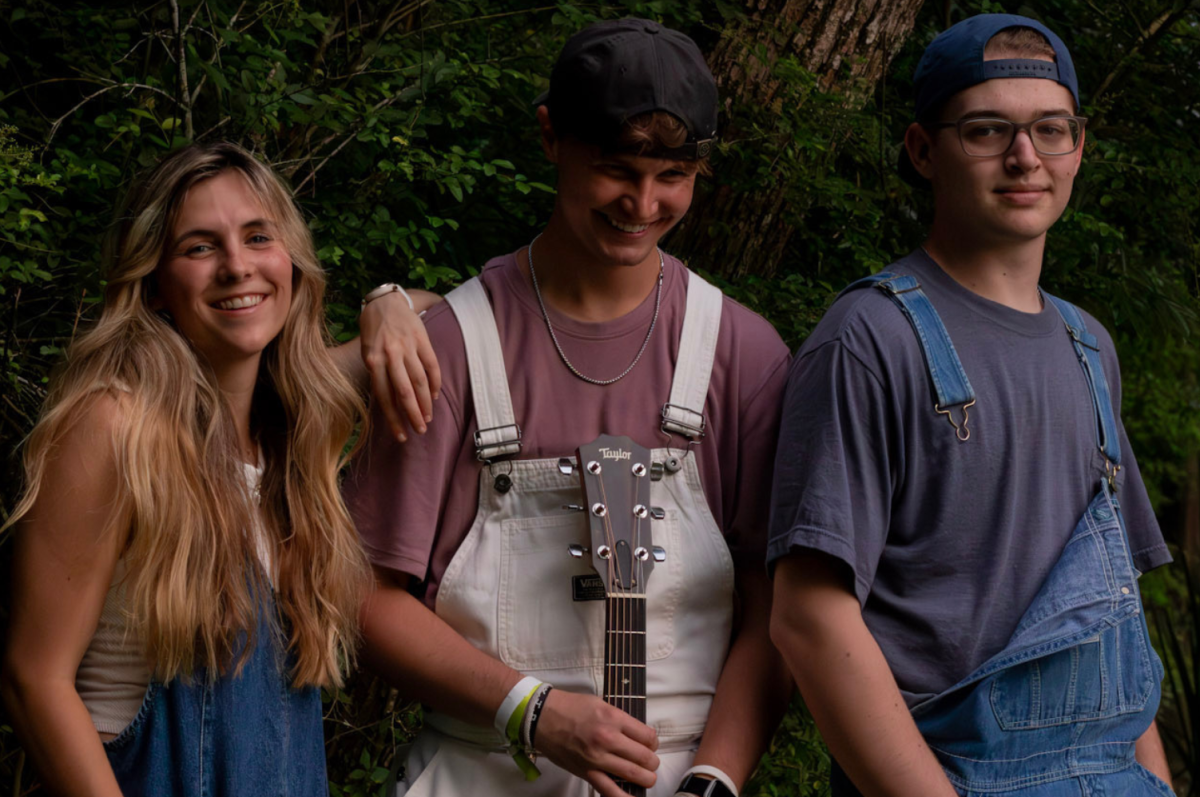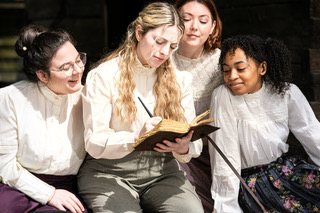Stars: 5/5
Amazon Prime series “The Boys” (adapted from the comics of the same name) season one dropped in 2019, a year that merits its own chapter in the admittedly thin history book of superhero cinema as it includes “Avengers: Endgame,” the culmination of all Marvel films for the last 12 years, which premiered in April.
“The Boys” is undoubtedly the black sheep of the genre, showing an unseen reality of marketing and commercialization of superhero celebrities with no recognizable legal or psychological check to their god complexes. Its clear cynicism, intense gore, and complicated main characters make it the antithesis of the cutesy, family friendly, Disney-driven daydream that the general public has come to expect (with exceptions) in theaters.
Fair warning: This series contains wild amounts of sexual misconduct, language, painfully realistic gore, and generally downer themes. Viewer discretion advised. Only season one and the available first three episodes of season two are covered in this review.
The unique powers, origins and personalities of heroes are the traditional draw of superpowered characters, and the wide cast generally covers audience relatability. Apart from the usual hero’s journey arc traceable in standalone hero films, most big name heroes are fairly static characters.
Especially in the grand gatherings of them like The Avengers or the Justice League, the conflict is rarely a result of their nature compelling them to look inward and change. Rather, the archetypal superhero film/show leans on visually appealing fights brought by supernatural and/or otherworldly antagonists.
“Captain America: Civil War” is a notable exception as it showed a microcosm of a truth around which “The Boys” centers itself: collateral damage doesn’t go away when the fight is over. Though the series follows a healthy variety of folks with and without powers, the proper main character, Hughie Campbell (Jack Quaid), is himself a victim of that problem quietly plaguing society at large.
While the setting and circumstances are crucial to the narrative, the real focus is the observable changes in the way characters grow to engage with their respective conflicts. Whether that means grappling with the unavoidable power and fame of being ridiculously powerful or the frustrating helplessness against Vought, a monstrously large corporation as powerful and morally crooked as its “heroes.”
Instead of having an onscreen dramatic realization or flashback to something in their past and explicitly “deciding to change,” the toll and effect of events on familiar characters are far more subtle. The gravity of George R.R. Martin-level detachment and plot bombs is not fully felt until manifesting as PTSD, trauma, heartbreak or overwhelming grief. “The Boys” transcends the superhero genre with a dark, hyper realistic, character-based take on the effects of absolute power that accompanies mortal godhood. It turns the traditional underdog story on its head by muddling the line of right and wrong, hero and villain, vengeance and justice.
Rev Ranks: Amazon’s ‘The Boys’ beautifully explores the dark side of super power
By Taner Morgan
September 8, 2020








